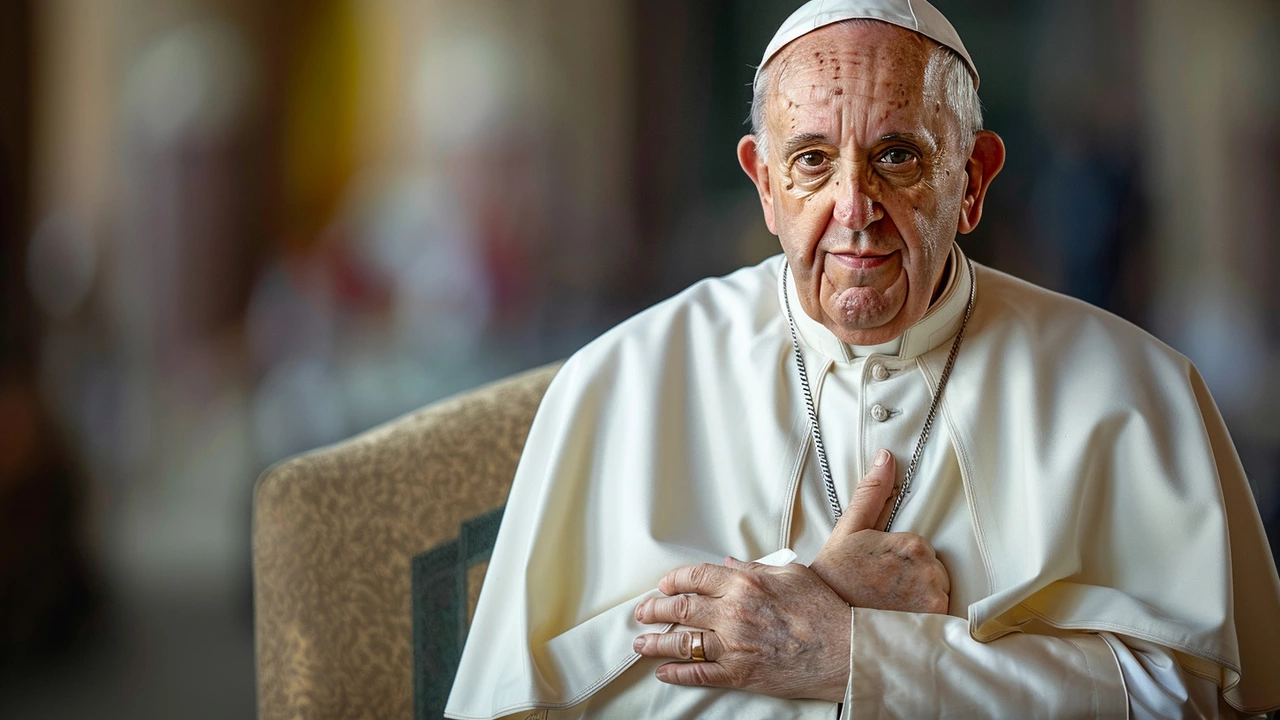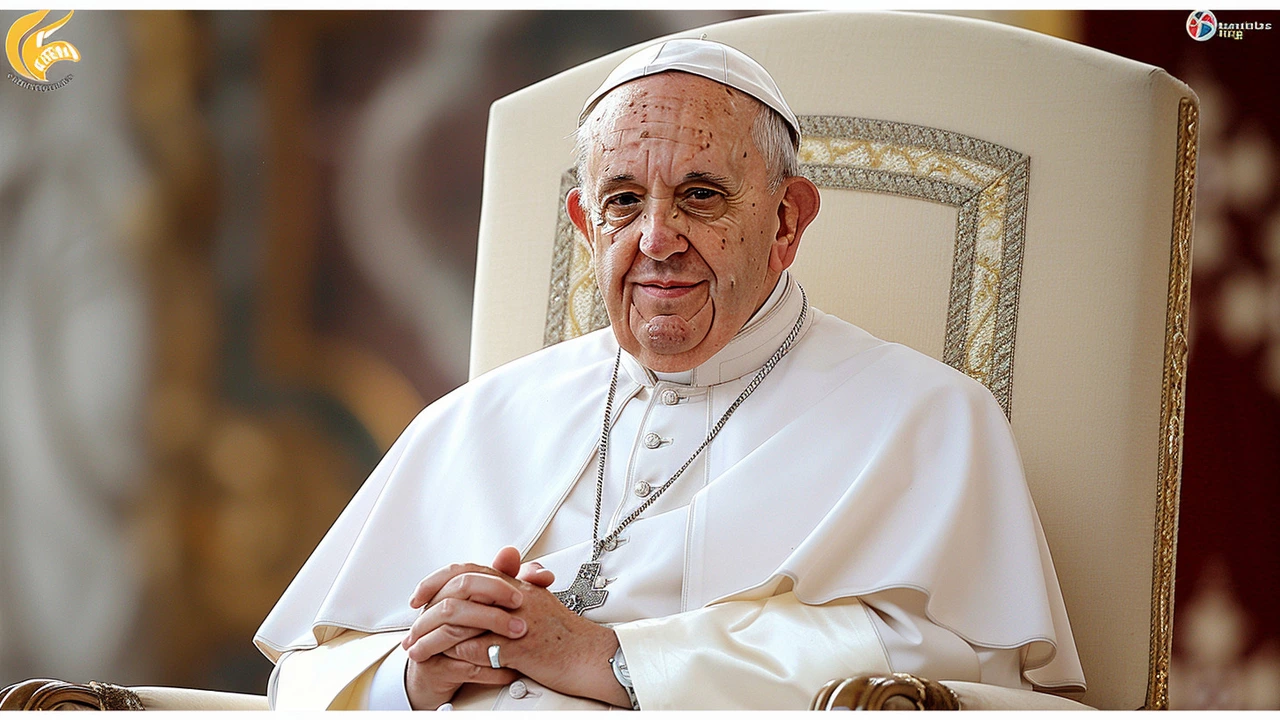Pope Francis has recently found himself in a storm of controversy following reports that he used a derogatory term in reference to gay men during an intimate session with members of the Italian Bishops' Conference. The term in question, 'frociaggine,' is regarded as highly offensive and discriminatory. This incident has sparked a considerable uproar and has reignited the age-old debate over the church's stance on LGBTQ+ issues.
During the private meeting, Pope Francis allegedly remarked that gay men should not be considered for priesthood training. His comments have been met with widespread backlash, both within and outside the Catholic Church, as many view them as a direct affront to the LGBTQ+ community and a step backward for the church's progress in promoting inclusivity. The Vatican, quick to address the fallout, released a statement outlining Pope Francis's regret over the situation.
In the statement, the Vatican emphasized that the Pope did not intend to offend anyone with his choice of words. It further conveyed his deep remorse for any pain his remarks may have caused. This apology, although a necessary step, has done little to quell the intense discussions and criticisms circulating in various circles.
This incident raises several significant questions and concerns. Firstly, it highlights the ongoing struggle for acceptance and equality faced by the LGBTQ+ community within religious institutions. Despite numerous statements of support and calls for inclusiveness from different sections of the church, moments like these continue to remind us of the deeply ingrained prejudices that persist. For many, the Pope's remarks stand as a stark reminder of the long road ahead toward true acceptance and equality.
Responses and Reactions
The response to Pope Francis’s alleged comments has been varied. Some members of the church have come forward to express their disappointment and concern. They argue that such language undermines the efforts made by many within the church to foster an environment of love and acceptance for all, regardless of sexual orientation. Others, however, hold a more forgiving stance, emphasizing the importance of acknowledging human fallibility and the significance of his subsequent apology.
Outside the church, advocacy groups and individuals have voiced their outrage. Prominent LGBTQ+ organizations have condemned the Pope's remarks, stressing that such language perpetuates discrimination and exclusion. They have called for more significant actions and reforms to ensure that the church truly embodies the principles of love and acceptance it preaches.
A Step Backward?
For many, this incident feels like a step backward for a Pope who has been widely regarded as a modernizer. Since his election, Pope Francis has often been seen as a progressive force within the Catholic Church. His previous statements, expressing a more inclusive approach toward the LGBTQ+ community, had given many hope for lasting change. Statements like 'Who am I to judge?' had been lauded as signs of a church in transition, one becoming more aligned with contemporary views on human rights and dignity.
This recent controversy, therefore, strikes a discordant note. It underscores the contrast between words and actions, reminding us that change within such a longstanding institution often comes slowly and is met with resistance.

A Call for Reflection
The fallout from this incident provides an opportunity for broader reflection within the church. It is an urgent reminder of the need to address and dismantle deep-seated prejudices. It also calls for a collective commitment to creating an environment where all individuals are valued and respected. The church, with its vast influence and reach, has a unique opportunity to lead by example in promoting love, acceptance, and understanding.
Pope Francis's apology, while a crucial step, must be part of a larger, ongoing effort to challenge discriminatory attitudes and practices. It requires deliberate action and consistent messaging from all levels of the church hierarchy. Only then can the church hope to embody the inclusive ideals it strives to project.
As discussions continue and emotions settle, it is clear that this incident will have lasting implications. It serves as a poignant reminder of the work that remains in the journey toward true inclusivity. For Pope Francis, it is a moment of reckoning, a call to align his actions with the progressive image he has cultivated. For the church, it is an opportunity to reflect, reassess, and recommit to the values of love and acceptance it holds dear.
The road ahead is undoubtedly challenging, but it is also filled with potential. Through honest reflection and a steadfast commitment to change, the church can move closer to becoming the inclusive institution many hope it can be. This incident, while unfortunate, can serve as a catalyst for meaningful progress, driving the conversation forward and inspiring more significant action.
In the end, the measure of the church's progress will be seen in its ability to truly welcome and embrace all individuals, regardless of their sexual orientation. It is a vision worth striving for, and one that requires the collective effort of the entire faith community.
